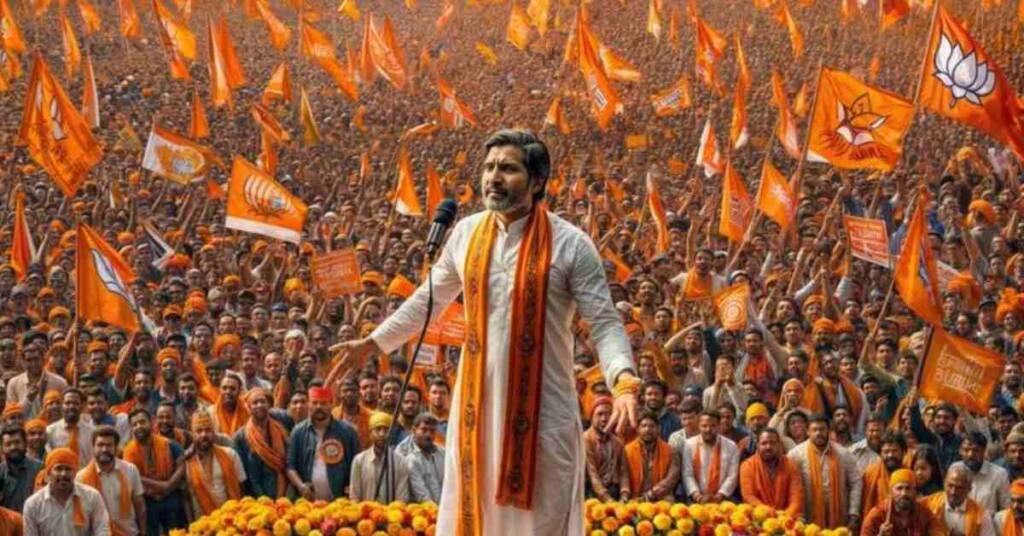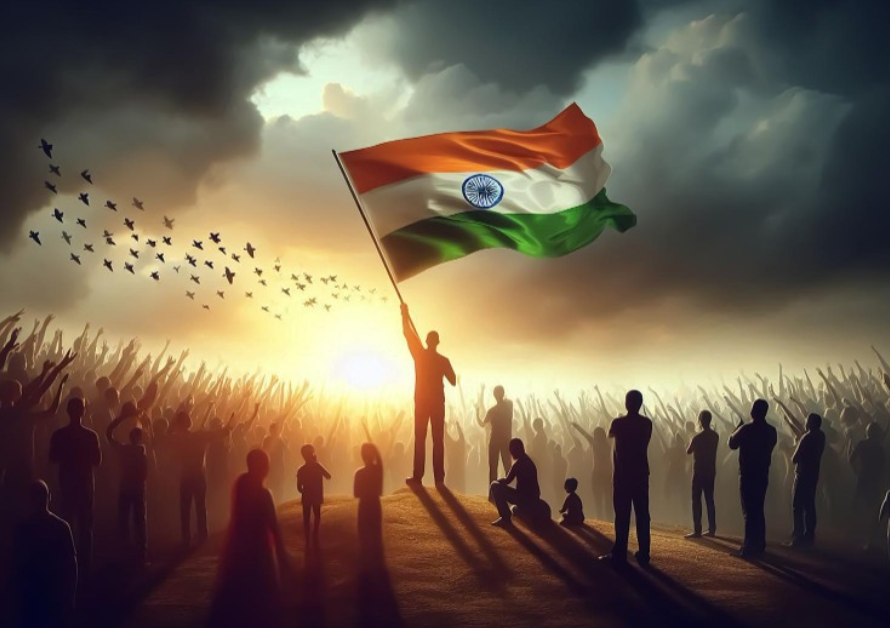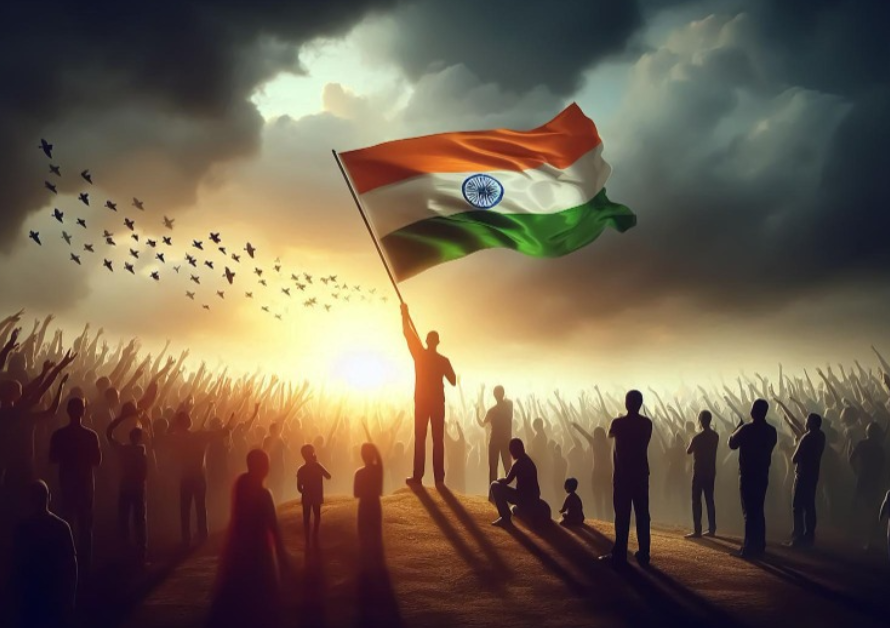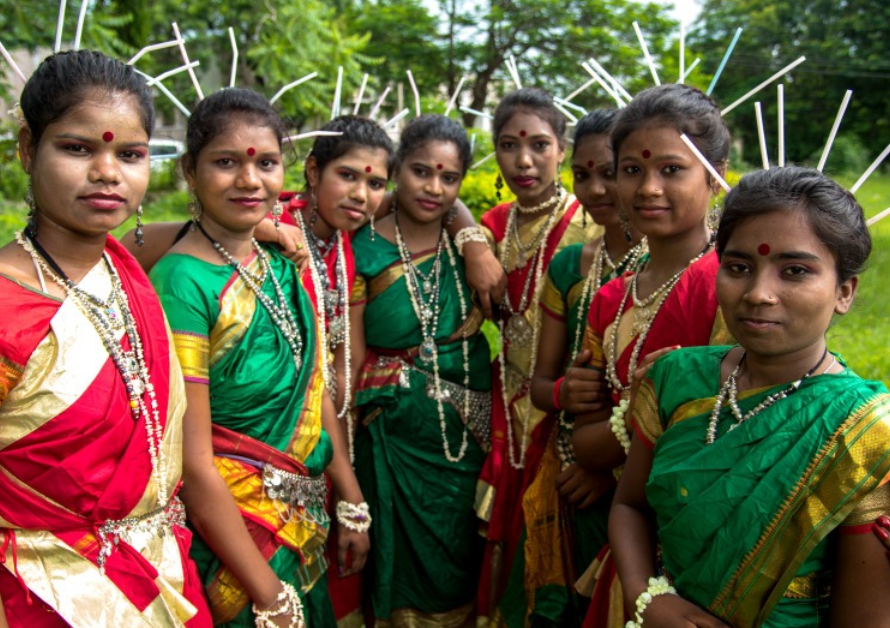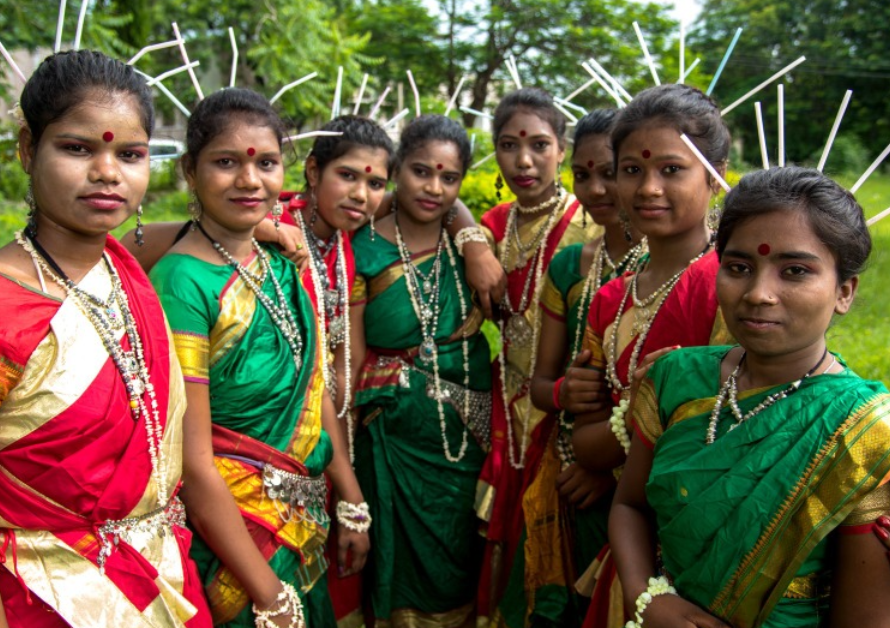The Rise of BJP in Gujarat: A Turning Point in Indian Politics
Gujarat holds a pivotal place in the Bharatiya Janata Party’s (BJP) journey to becoming a dominant political force in India. Often referred to as the “laboratory of Hindutva” by the media, Gujarat was the first state where the BJP came to power. This transformation happened during a period when BJP was struggling at the national level, with only two Members of Parliament, one of whom was from Mehsana, Gujarat.
The Role of Abdul Latif in BJP’s Emergence
The infamous mafia don Abdul Latif inadvertently played a crucial role in catapulting BJP to power in Gujarat. Latif, a notorious gangster, was responsible for introducing AK-56 rifles in the state and orchestrating heinous crimes, including the infamous Radhika Gymkhana massacre, where 35 people were killed in a single attack. Over the years, Latif reportedly killed more than 150 people, including 12 policemen.
Latif’s reign of terror was allegedly supported by certain Congress and Janata Dal leaders, who provided him political protection. His illegal activities, including gold and silver smuggling and drug trafficking, amassed him immense wealth, which he allegedly shared with political allies. Latif wielded so much power that he could enter Chief Minister Chimanbhai Patel’s office without an appointment.
Latif and his gang were also infamous for targeting Hindu families, with reports of Hindu girls being abducted overnight if they caught the gang’s interest. This created an atmosphere of fear and struggle across Gujarat, leaving the Hindu community feeling vulnerable and unprotected.
BJP’s Bold Stance Against Abdul Latif
During these challenging times, BJP leaders like Narendra Modi, Shankar Singh Vaghela, and Keshubhai Patel were building their grassroots presence, often traveling on bicycles and scooters, wearing simple slippers.
One day, during a BJP meeting in Gomtipur, Keshubhai Patel made a daring statement: “When the BJP government comes to power, Abdul Latif will be encountered.”
This bold declaration sent shockwaves across Gujarat. It was the first time a political party openly promised to challenge Latif in his stronghold. While Keshubhai feared for his safety and his security was increased, his words resonated with the people of Gujarat.
In the subsequent elections, BJP secured 35 seats—a significant victory that marked the beginning of its rise in Gujarat. The party launched a relentless campaign against Abdul Latif and his henchmen. In the next elections, BJP formed the government with a full majority. True to their promise, Shankar Singh Vaghela ensured that Abdul Latif was neutralized.
The Dramatic Encounter of Abdul Latif
DSP Jadeja played a key role in Latif’s encounter. Motivated by personal loss—Latif’s gang had killed his colleague, Inspector Jhala—Jadeja vowed to bring Latif to justice. Latif was arrested and was being transported to the old High Court in Navrangpura. Before the hearing, DSP Jadeja offered him a snack, and when Latif’s handcuffs were briefly removed, he was shot dead under the pretext of an escape attempt.
The media reported that Latif had tried to flee, prompting the encounter. This event marked a turning point in Gujarat’s law and order situation and bolstered public confidence in the BJP’s governance.
Transformative Policies and the BJP’s Expansion
After neutralizing Abdul Latif, Shankar Singh Vaghela introduced the Disturbed Sections Act, designating specific areas in Gujarat where Muslims could not purchase property in Hindu-majority zones. This act was aimed at preserving communal harmony and addressing demographic concerns.
From this foundation in Gujarat, the BJP expanded its influence across states like Madhya Pradesh, Rajasthan, Chhattisgarh, Uttar Pradesh, and West Bengal. Today, the BJP governs India with a massive majority, holding 303 seats in Parliament.
A Call for Unity Among Hindus
The Gujarat model demonstrates the power of collective Hindu unity in bringing about transformative change. When Keshubhai Patel announced Latif’s encounter, Gujaratis stood firmly behind the BJP, offering unwavering support. This unity was instrumental in creating a safe and progressive state.
If Hindus across the country aspire to replicate Gujarat’s success, they must prioritize unity and extend unconditional support to leaders like Narendra Modi and the BJP. Small grievances should not deter collective progress. By standing together, Hindus can ensure the eradication of anti-national elements and safeguard the nation’s future.
Takeaway
This narrative highlights the importance of unity, resolve, and trust in leadership. It serves as a call to action for all Hindus to rise above petty differences and support the BJP and Modi government in their mission to build a strong, corruption-free, and secure India.
Share this message with 25 friends to spread awareness. Together, we can create a nation where every citizen feels safe and empowered.
Jai Shri Ram!

